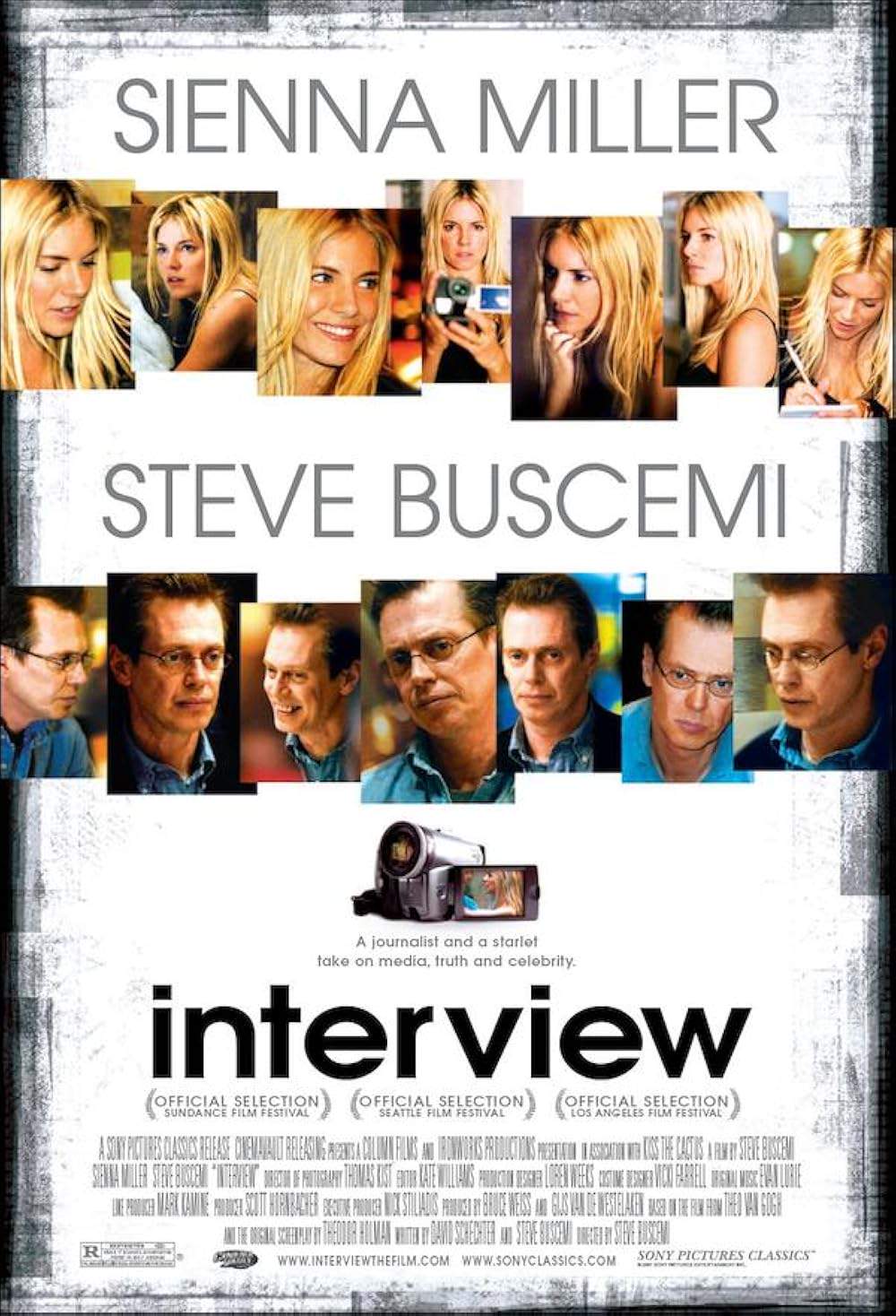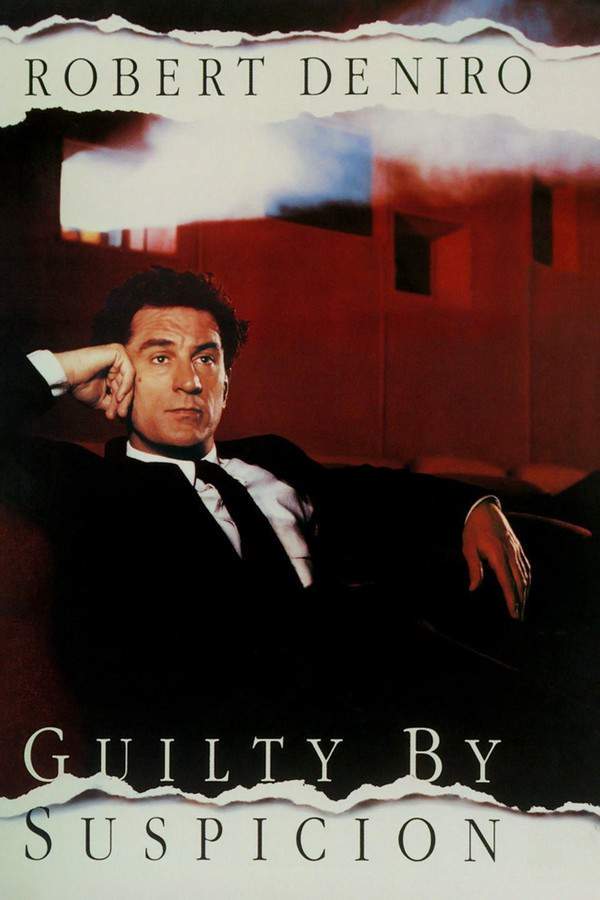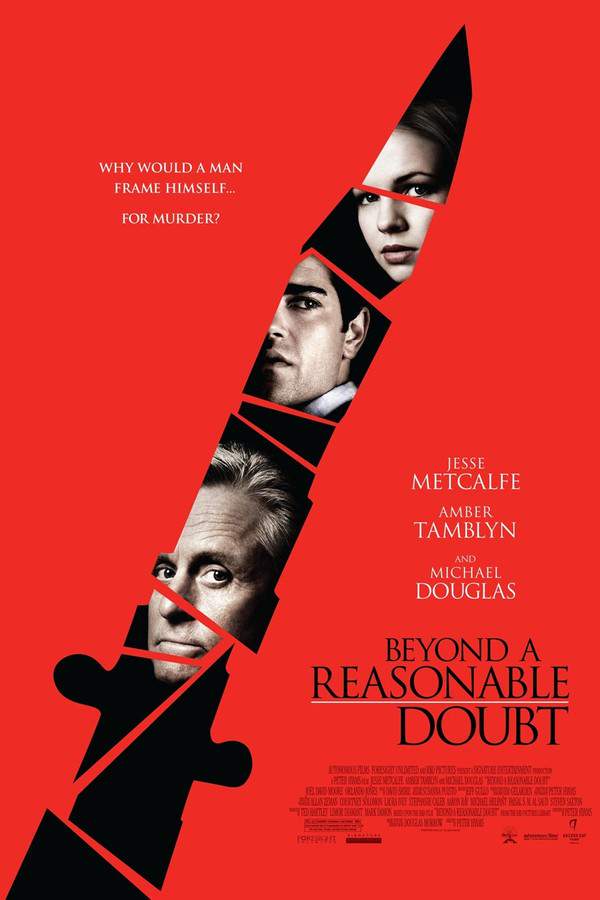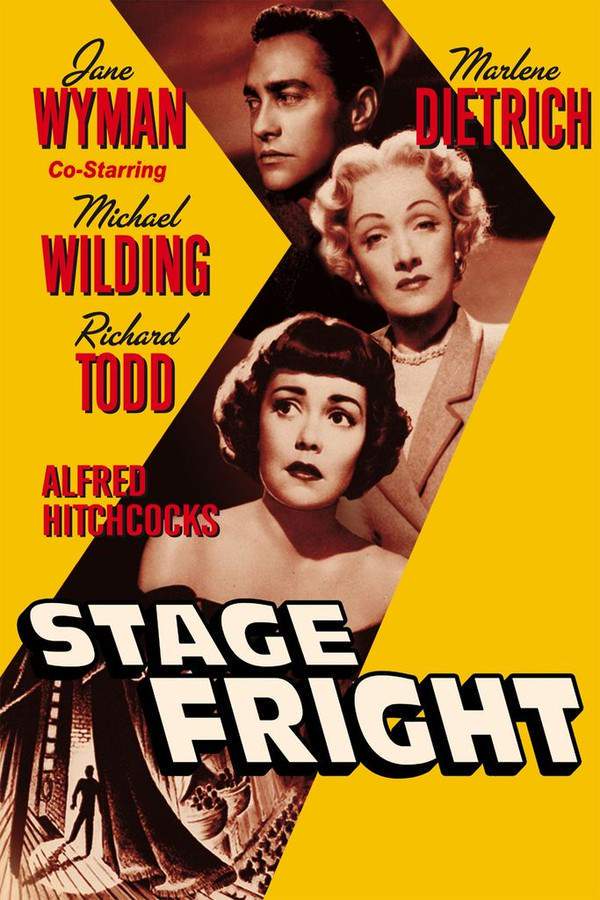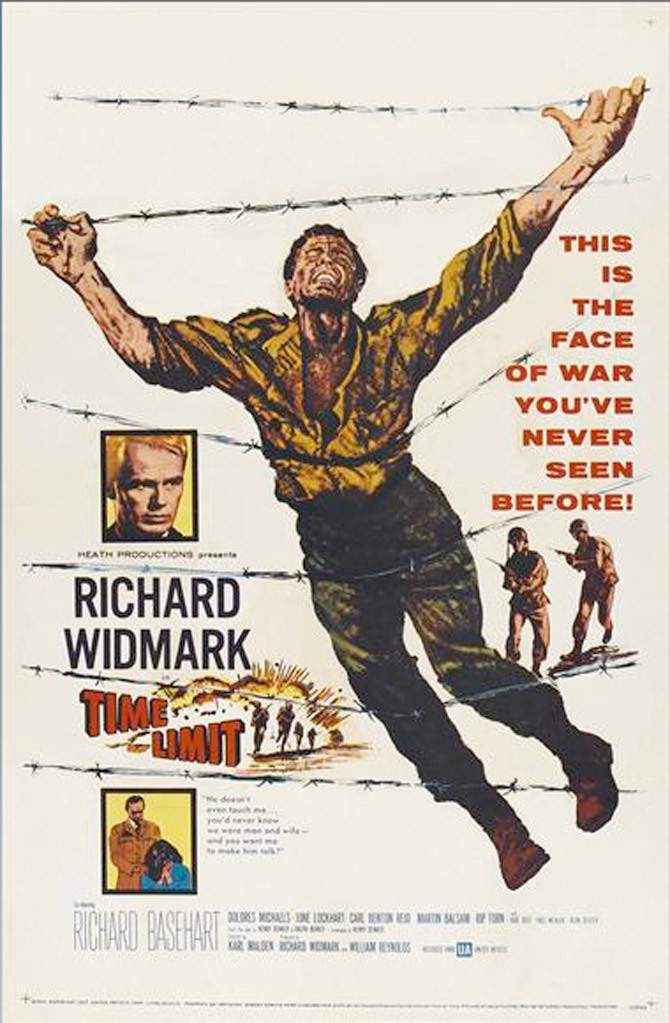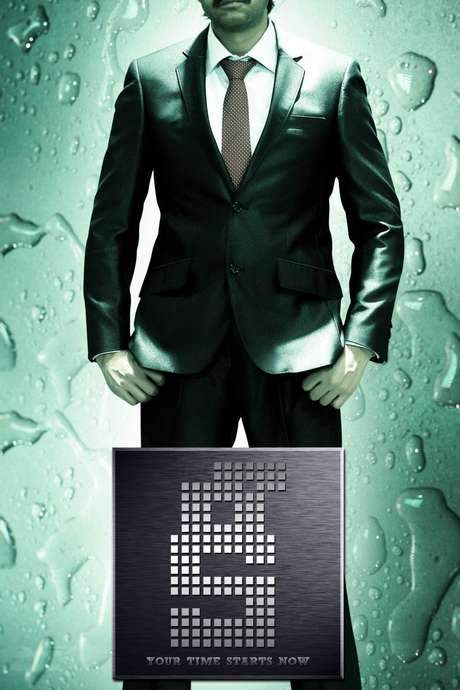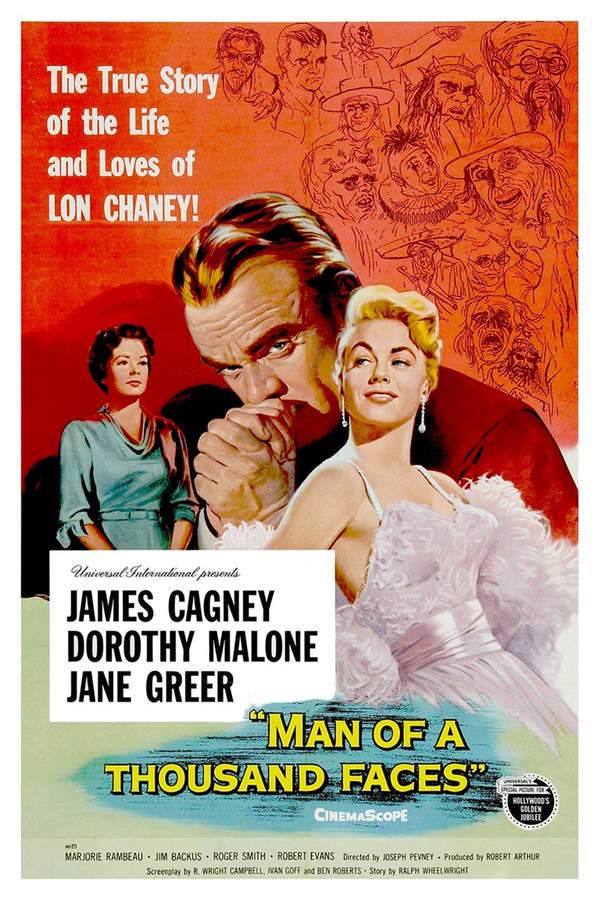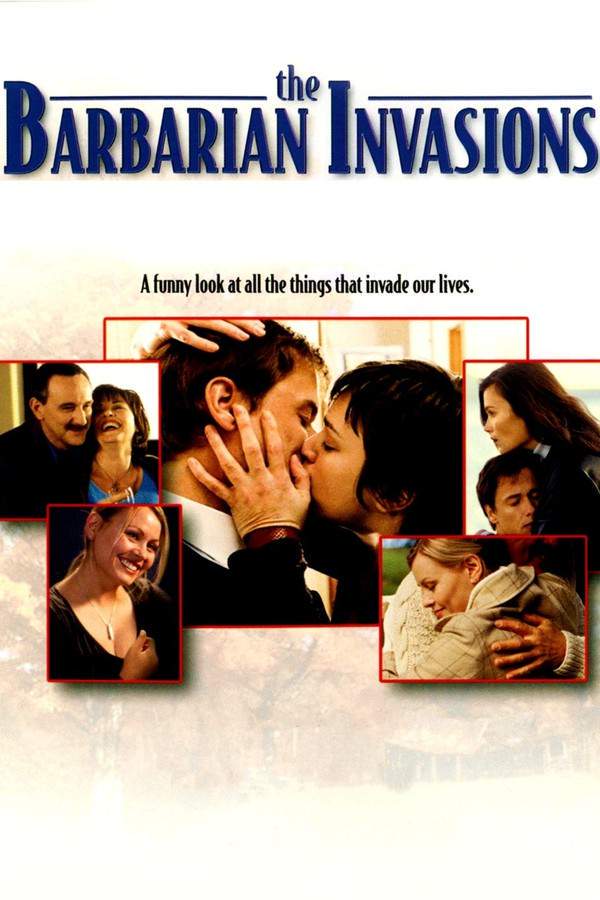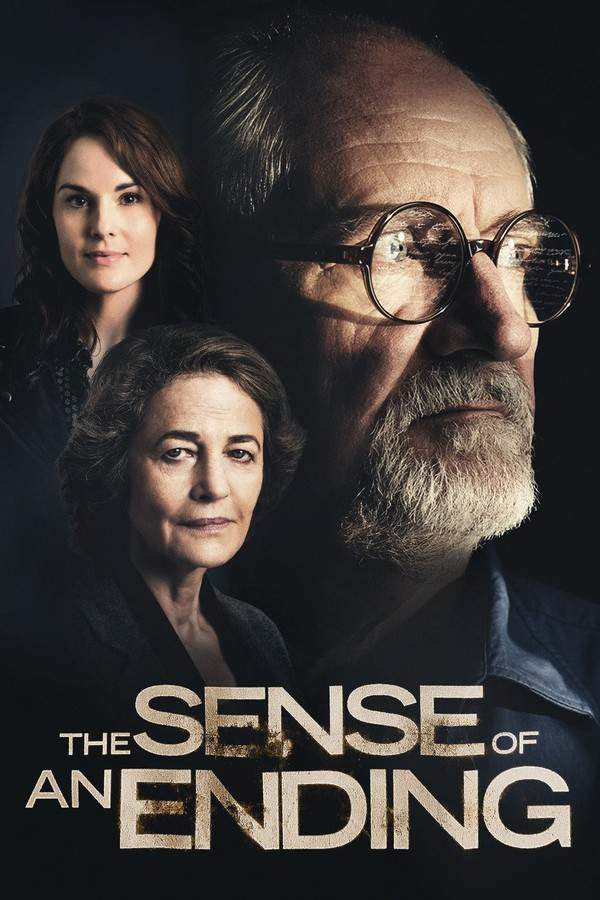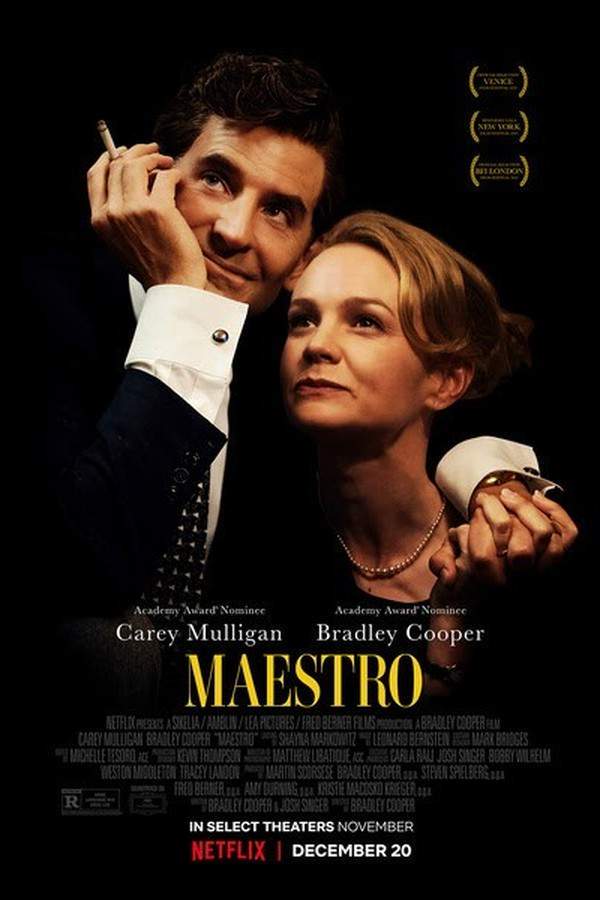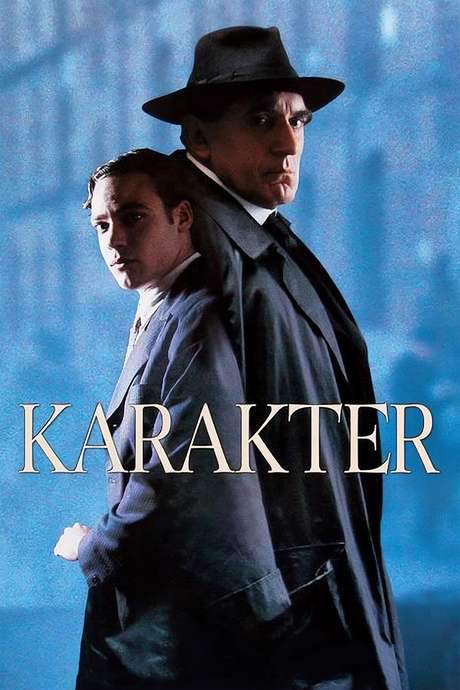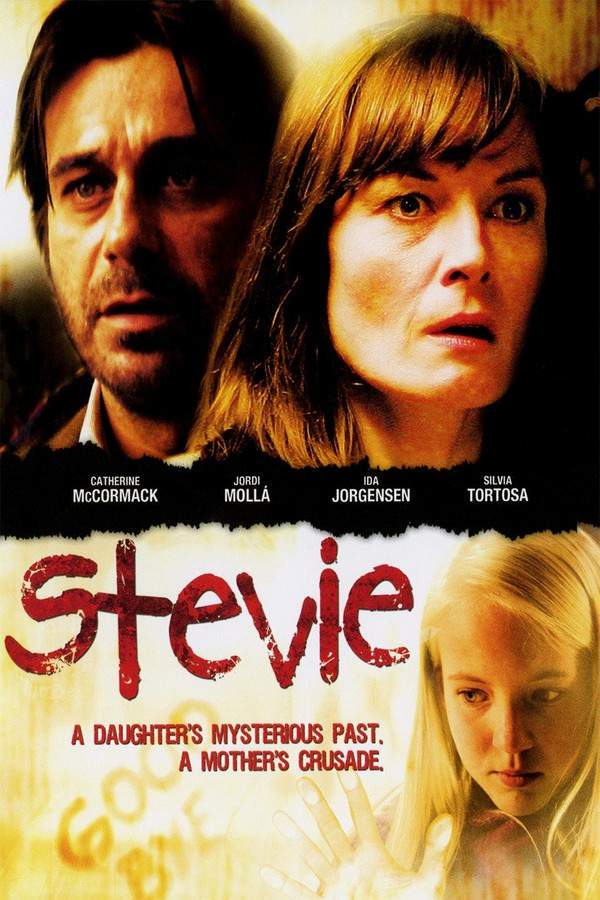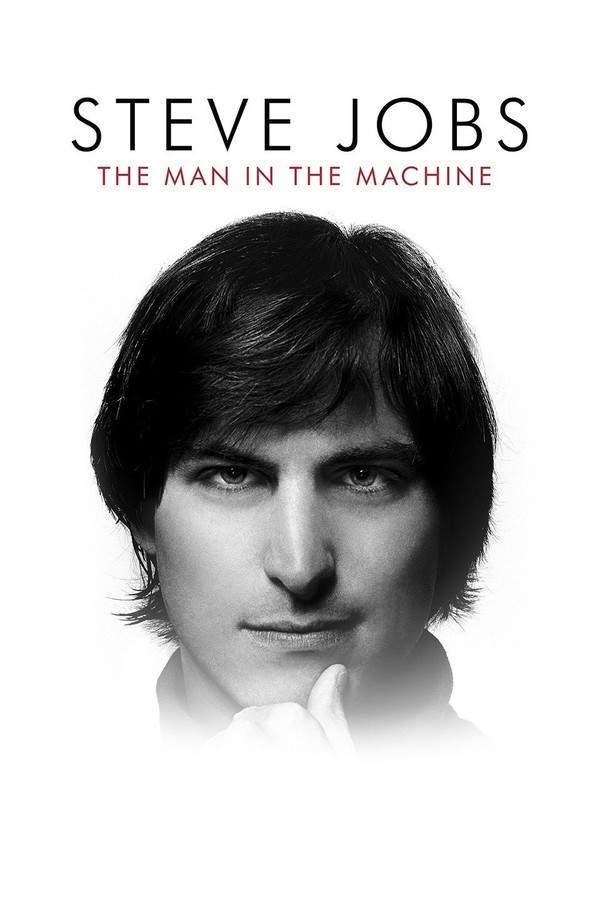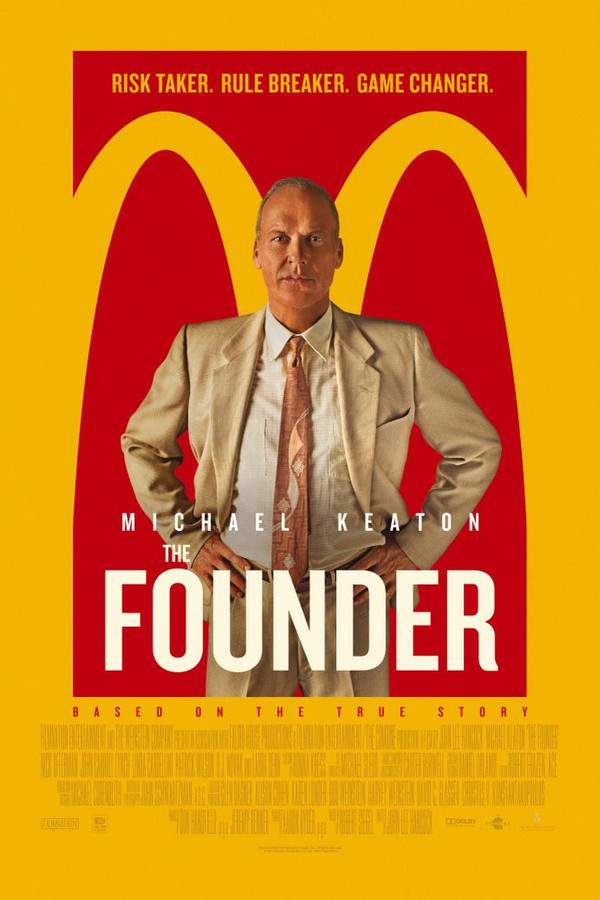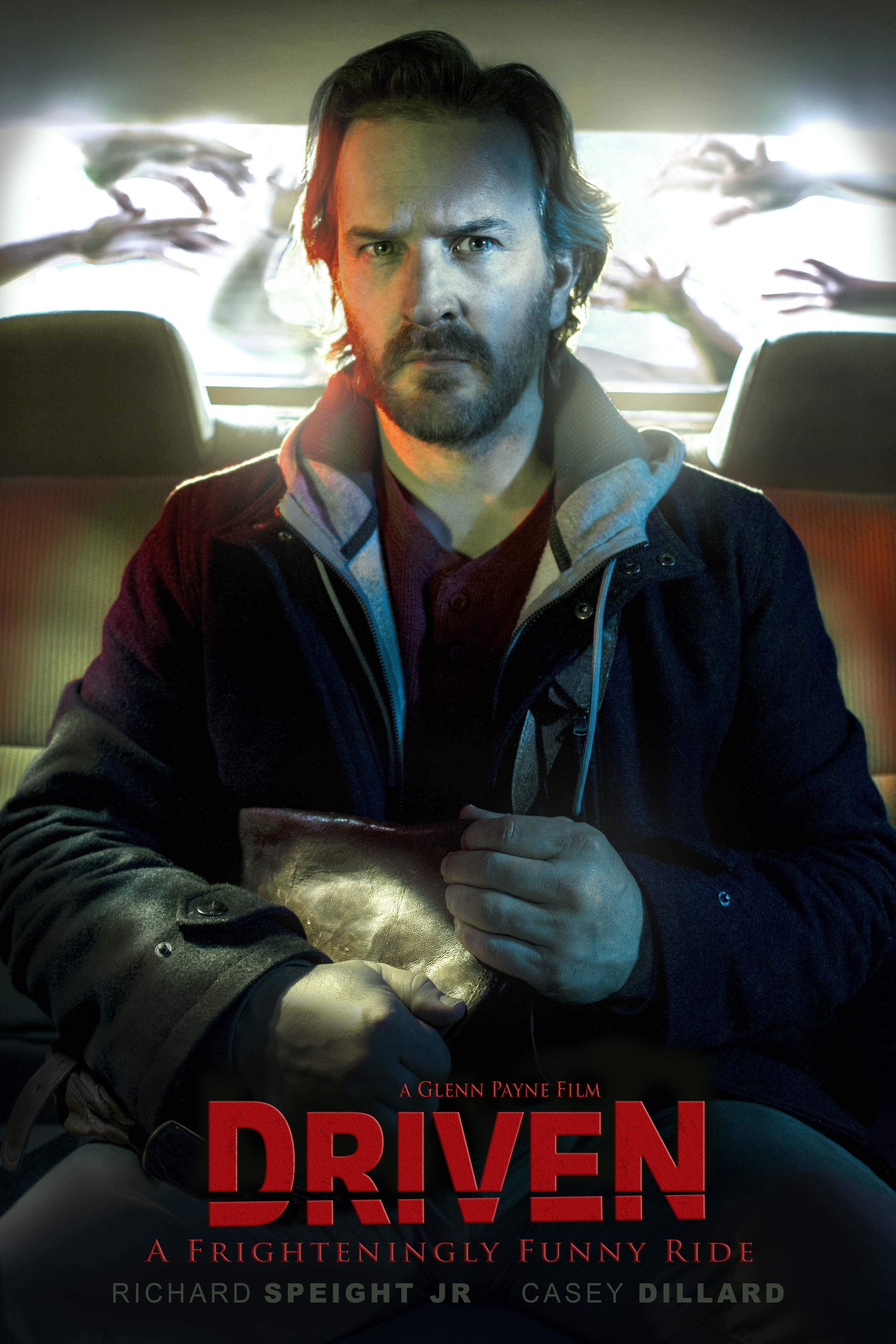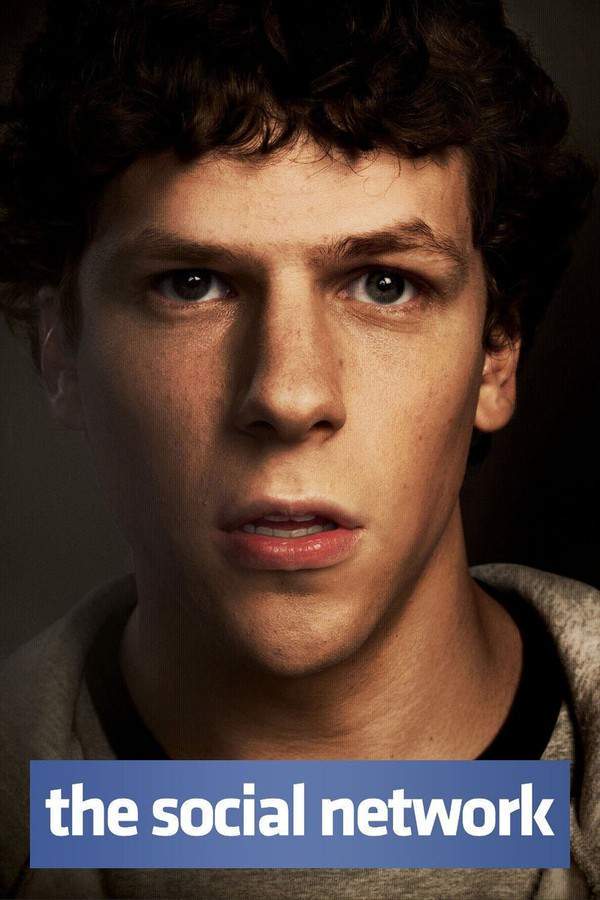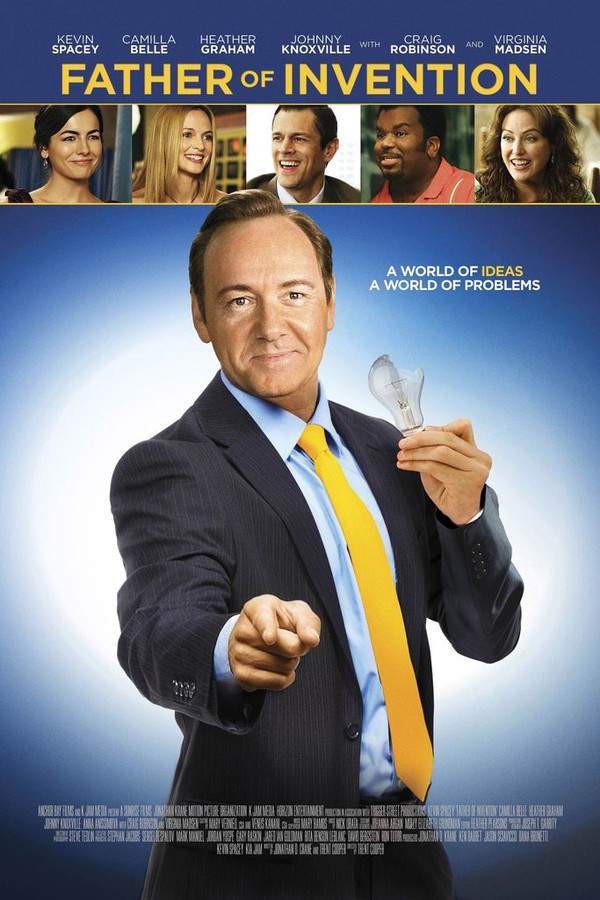
Steve Jobs
Year: 2015
Runtime: 122 min
Language: English
Director: Danny Boyle
Budget: $30M
Driven by ambition and perfectionism, Steve Jobs faces a complex mix of professional and personal challenges. As the Macintosh launch draws near, he grapples with the unexpected reality of his relationship with Chrisann Brennan and their daughter Lisa, compounded by his dismissal from Apple. A decade later, he makes a triumphant return to the company he helped create, determined to redefine the tech landscape with the innovative iMac.
Warning: spoilers below!
Haven’t seen Steve Jobs yet? This summary contains major spoilers. Bookmark the page, watch the movie, and come back for the full breakdown. If you're ready, scroll on and relive the story!
Steve Jobs (2015) – Full Plot Summary & Ending Explained
Read the complete plot breakdown of Steve Jobs (2015), including all key story events, major twists, and the ending explained in detail. Discover what really happened—and what it all means.
The film begins with an engaging montage featuring Arthur C. Clarke discussing the significance of personal computers in our future. It’s 1984, Cupertino, California, where Steve Jobs (Michael Fassbender), his dedicated assistant Joanna Hoffman (Kate Winslet), and Andy Hertzfeld try to troubleshoot the Macintosh computer moments before its highly anticipated launch. The atmosphere buzzes with tension as they frantically work in a performing arts center, desperate to ensure that the Macintosh will greet its audience with a friendly ‘hello’.
With the clock ticking down, Joanna suggests omitting the voice feature from the demo, but Steve adamantly insists it must be included, fearing that its success hinges on this very moment. He frantically instructs Andy to rectify the issue, expressing frustration when confronted by the limitations of their tools. Joanna, aware of the media presence, including Joel Pforzheimer from GQ, emphasizes the need for discretion, urging them not to discuss the computer’s difficulties aloud. She highlights the stakes—Steve’s ambition to sell a million units in three months. Their exchange reveals cracks in Steve’s drive, reflecting both his brilliance and chaotic nature.
As tensions rise, Joanna leads in some comic relief with the revelation of Steve’s daughter Lisa. Their strained family dynamic is spotlighted when Chrisann, Lisa’s mother, confronts Steve about his responsibilities, arguing that he casts shadows over their now meager life after his rift with Apple. Despite her insistence on their connection, insinuations about paternity tests and financial obligations lead to further friction. While tension permeates backstage, the young Lisa expresses curiosity about her father, connecting dots that reveal just how much their relationship is strained.
Intertwined in the narrative is Steve Wozniak (Seth Rogen), whose awkwardness adds levity to this high-stakes environment. Their discussions about the launch highlight Steve’s singular focus on the Macintosh while dismissing the contributions of others. A sense of rivalry, paternal concern, and a desperate need for validation are woven throughout these interactions.
As the scene shifts forward to 1988, Steve is introduced to NeXT, where he remains fixated on perfectionism, distancing himself emotionally from those around him, particularly from Joanna. Dialogues echo past grievances, showcasing Steve’s unyielding nature and his obsession with aesthetics. Joanna’s challenges against Steve’s skewed perceptions lead to an underlying tension between them, culminating in reflective discussions that reveal more to Steve than he wishes to acknowledge.
In a fluid transition through the film, we witness the pressures of sales, innovation, and personal redemption, building towards Steve’s poignant realization about his family and authentic connections. The audience is drawn into a compelling conclusion when Steve finally embraces his unique narrative of innovation and grapples with his personal history.
In the denouement, as the iMac comes to life, Steve shifts from a self-centered innovator to a more deeply layered man, reconnecting with Lisa on a heartfelt level. The warmth that emerges from this connection contrasts sharply with the earlier complexities of his relationships. Closing echoes emphasize “I want to live with you”, revealing how his journey encompasses more than just groundbreaking technology—it’s also about familial reconnections and personal growth.
In a reflective moment set against Bob Dylan’s “Shelter from the Storm,” Steve steps back to envision a future filled with promise, forgetting the pressure of the public eye and cherishing the intimate moments with his daughter. The movie concludes not with a triumphant technology launch but rather with a transformative personal victory, signifying that the greatest creation might just be the relationships built along the way.
Last Updated: November 15, 2024 at 19:43
Ending Explained – What Happens at the End of Steve Jobs?
Still wondering what the ending of Steve Jobs (2015) really means? Here’s a spoiler-heavy breakdown of the final scene, major twists, and the deeper themes that shape the film’s conclusion.
Imagine a version of Steve Jobs where, despite his flaws and the turmoil in his relationships, he undergoes a moment of personal redemption. By the end of the film, he finally acknowledges the strain he’s caused in his relationship with his daughter, Lisa. This recognition marks a turning point; it’s a quiet, private reconciliation rather than a public spectacle. The film emphasizes that despite his intense focus on innovation, Jobs is ultimately a human being capable of growth and change. The closing scenes suggest that, while he’s still the visionary behind Apple, he’s also someone confronting his past mistakes and seeking forgiveness—both from himself and the people he has hurt. Through this intimate and emotionally charged redemption, the movie offers a layered portrait of Jobs as someone who, despite his complexity and flaws, reaches a moment of grace before his life’s final chapter. In this way, the film depicts not just his genius but also his humanity, leaving audiences with a nuanced understanding of the man behind the iconic tech empire.
Last Updated: June 25, 2025 at 08:44
Explore Movie Threads
Discover curated groups of movies connected by mood, themes, and story style. Browse collections built around emotion, atmosphere, and narrative focus to easily find films that match what you feel like watching right now.
Movies with relentless pressure like Steve Jobs
Intense character studies set against the clock of a major public event.Explore movies like Steve Jobs that capture the intense, high-stakes atmosphere of pivotal events. If you enjoyed the tense backstage dynamics and race-against-the-clock energy, these character-driven dramas about pivotal moments will deliver a similar, gripping experience.
Narrative Summary
Stories in this thread are often structured around a ticking clock, typically a major launch, performance, or public unveiling. The narrative unfolds largely behind the scenes, where a brilliant but difficult protagonist navigates technical crises, interpersonal clashes, and personal demons simultaneously under extreme pressure.
Why These Movies?
Movies in this thread share a high-intensity, tense tone driven by dialogue and character conflict rather than action. They focus on the psychological toll of ambition and the volatile atmosphere that precedes a make-or-break moment, creating a consistently gripping and intellectually charged experience.
Flawed genius character studies like Steve Jobs
Complex stories of brilliant minds grappling with their personal shortcomings.Discover movies similar to Steve Jobs that explore the complex lives of brilliant but deeply flawed visionaries. If you were fascinated by the juxtaposition of professional innovation and personal struggle, these films about geniuses facing their own shortcomings will resonate.
Narrative Summary
These narratives follow a protagonist of undeniable genius whose drive for perfection and innovation comes at a great personal cost, often to their family and close relationships. The arc typically involves a slow, painful, and incomplete journey toward some form of self-awareness or redemption, resulting in a bittersweet conclusion where professional success is tempered by personal loss.
Why These Movies?
These films are grouped by their heavy emotional weight and focus on a central, complex character whose brilliance is inextricably linked to their profound flaws. They share a bittersweet tone, balancing monumental achievement with the poignant cost of that achievement on a human level.
Unlock the Full Story of Steve Jobs
Don't stop at just watching — explore Steve Jobs in full detail. From the complete plot summary and scene-by-scene timeline to character breakdowns, thematic analysis, and a deep dive into the ending — every page helps you truly understand what Steve Jobs is all about. Plus, discover what's next after the movie.
Steve Jobs Timeline
Track the full timeline of Steve Jobs with every major event arranged chronologically. Perfect for decoding non-linear storytelling, flashbacks, or parallel narratives with a clear scene-by-scene breakdown.

Characters, Settings & Themes in Steve Jobs
Discover the characters, locations, and core themes that shape Steve Jobs. Get insights into symbolic elements, setting significance, and deeper narrative meaning — ideal for thematic analysis and movie breakdowns.

Steve Jobs Ending Explained
What really happened at the end of Steve Jobs? This detailed ending explained page breaks down final scenes, hidden clues, and alternate interpretations with expert analysis and viewer theories.

Steve Jobs Spoiler-Free Summary
Get a quick, spoiler-free overview of Steve Jobs that covers the main plot points and key details without revealing any major twists or spoilers. Perfect for those who want to know what to expect before diving in.

More About Steve Jobs
Visit What's After the Movie to explore more about Steve Jobs: box office results, cast and crew info, production details, post-credit scenes, and external links — all in one place for movie fans and researchers.

Similar Movies to Steve Jobs
Discover movies like Steve Jobs that share similar genres, themes, and storytelling elements. Whether you’re drawn to the atmosphere, character arcs, or plot structure, these curated recommendations will help you explore more films you’ll love.
Explore More About Movie Steve Jobs
Steve Jobs (2015) Scene-by-Scene Movie Timeline
Steve Jobs (2015) Movie Characters, Themes & Settings
Steve Jobs (2015) Ending Explained & Theories
Steve Jobs (2015) Spoiler-Free Summary & Key Flow
Movies Like Steve Jobs – Similar Titles You’ll Enjoy
Stevie (2003) Detailed Story Recap
Steve Jobs: Man in the Machine (2015) Full Summary & Key Details
The Founder (2017) Plot Summary & Ending Explained
Tesla (2020) Complete Plot Breakdown
Driven (2019) Full Summary & Key Details
The Social Network (2010) Ending Explained & Film Insights
Jobs (2013) Ending Explained & Film Insights
Father of Invention (2011) Movie Recap & Themes
Steve Jobs: The Lost Interview (2012) Complete Plot Breakdown
Steve McQueen: Man on the Edge (1990) Full Movie Breakdown
Citizen Steve (1987) Full Summary & Key Details
American Boy: A Profile of Steven Prince (1978) Film Overview & Timeline
Pirates of Silicon Valley (1999) Full Movie Breakdown
Welcome to Macintosh (2008) Plot Summary & Ending Explained
Steve (2025) Film Overview & Timeline

